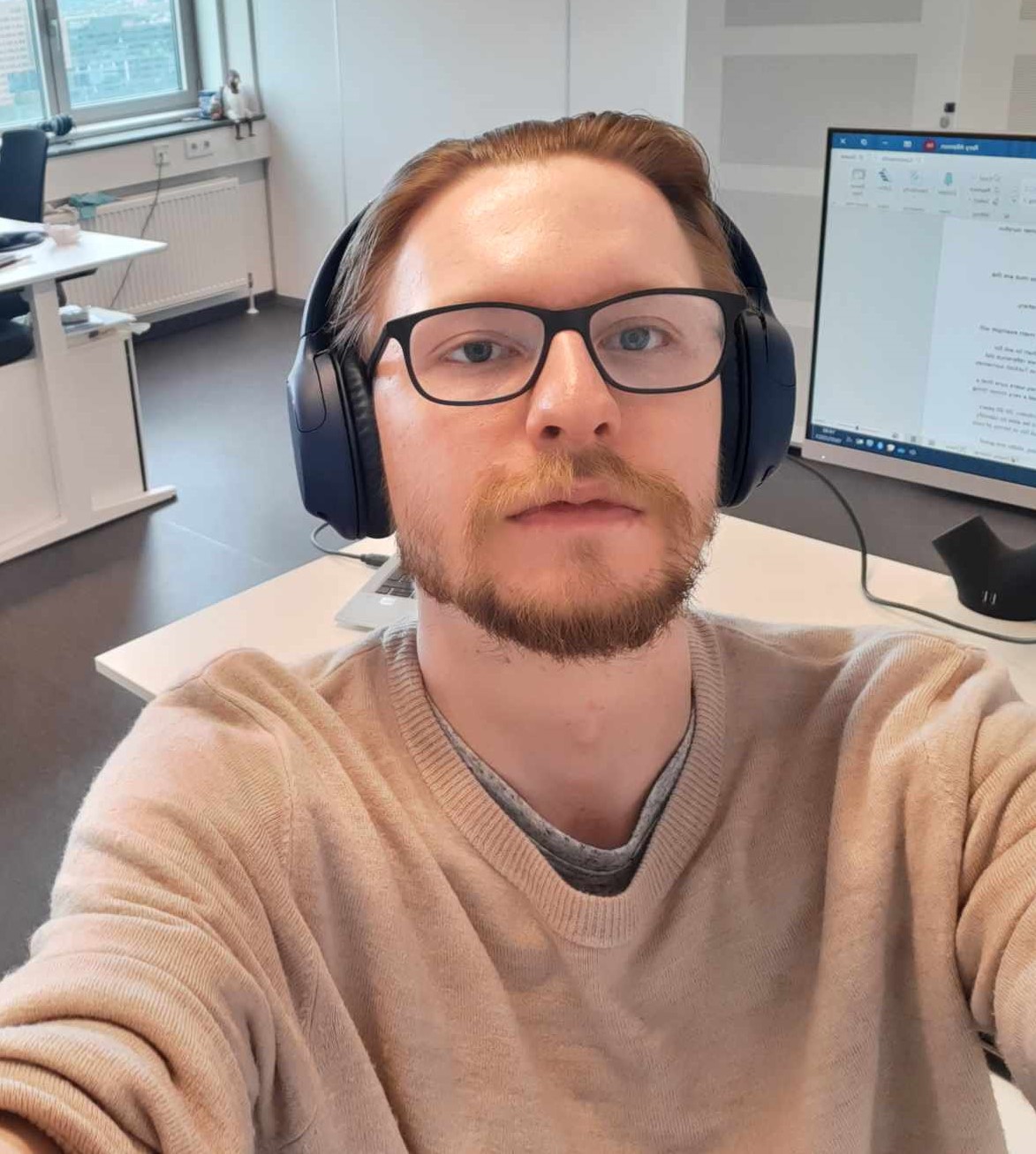Research visits: adding value to PhD experience
By Rory Allanson - Posted on 8 November 2023
Rory Allanson is a second-year PhD student in the Department of Economics. Below, he describes how a research visit can positively contribute to your network, portfolio, and wider PhD experience.
Common advice I heard before starting my PhD was not to let it consume you such that other opportunities blur into the background. Indeed, the exertion demanded by the grind of research can tempt us to forget the world beyond our PhD projects. With this concern in mind and, considering the diverse range of avenues available to economics graduates, I have striven to seek opportunities to experience new environments outside the University. One such chance I was recently granted was to take a two-week research visit to Erasmus University Rotterdam; in this blog, I reflect on this opportunity, and discuss the value such a visit can add to the PhD student experience.
Initially posed as a vague possibility in a co-author meeting, the idea of being able to spend two weeks in the Netherlands seemed like a long shot. Where could I get funding? Would it be feasible to take two weeks away from my PhD projects, plus whatever prep time was required? While these questions were daunting, I quickly learned what options and support Strathclyde could offer me to pursue this visit. Between the department, University, and external funders like the Royal Economic Society, it was well within reach to cover what costs remained after Erasmus’ offer. Moreover, and just as important as the financials, was the go-ahead my supervisors and PGR Director gave me to take this opportunity, as they recognised what I could gain from the visit and urged me to keep pursuing it when the visit possibility seemed initially doubtful.
The exact contributions of a visit to your studies will naturally depend on many factors, including the hosting organisation, length, location, and people available. However, what must be stressed is that even if you can’t get a month of funding or schedule a trip in an ideal period, the things that can make a research visit so valuable is the opportunities that arise within them, in excess of those you signed up for beforehand. On paper, I was visiting to attend a two-day intensive workshop, spending eight days working with my co-author on our paper and would maybe fit in some sightseeing. In reality, I was able to meet a whole host of students and staff and enjoy dinners with them, work directly with my co-author in a shared office of just us two, and give a seminar in the department on my first PhD chapter. Of course, nothing is perfect: the late July timing meant that many academics in the department were away, and the two week limit meant we could not conclude our work together right then, but if these concerns had led to me not pursuing the visit, I would have missed out on so much I could not have foreseen.
I classify the main benefits of the visit into two categories: networking and experience. To tackle the former first, I was able to connect with people from a breadth of backgrounds, and learning about their experiences in other systems and organisations was incredibly enlightening. The workshop was attended by students from across Europe and the US, which gave me insight into how my experience of PhD differed from those outside the UK. Most significant were the informal chats over coffee or dinner, where I could learn the finer details of what it’s like to do a PhD in Rotterdam, Innsbruck, or at Harvard. These conversations revealed to me how much more teaching and supervising other PhD students are required to do and how their departments operate differently from Strathclyde’s. Insofar as this showed me what I lacked compared to those abroad, this insight was very valuable to me and is shaping my approach to second year as I begin it in earnest.
As much as the socialising was good, the work was even better in terms of what I could take away from the visit. During the long solitary days that PhD study can require, it’s easy to forget how important working in person with your collaborators can be for your progress and learning. Over the course of the visit, we spent two solid days hashing out how to rewrite the opening section of our paper, and ironing out each sentence of each intro paragraph allowed me to fully engage with what my co-author could teach me about academic writing. Furthermore, his insight into how post-docs work, what journals look for in articles, and how departments operate in the UK and the Netherlands will be foundational knowledge as I move further into my career. Finally, between giving my first one-hour seminar, attending the workshop, and our progress on the paper, there was plenty of formal experience to take away from the visit, which will serve me well going forward.
Overall, taking a research visit made an inordinate contribution to my development as a researcher. I strongly encourage my fellow PhD students to explore their options to take a trip elsewhere. I learned that the funding is there for those who want it, how common visits are across European departments; and how submersing yourself in a different academic environment can expose you to new ways of working. The visit was the highlight of my PhD experience thus far, and if you seek out the opportunities, you can benefit from a research visit too!










